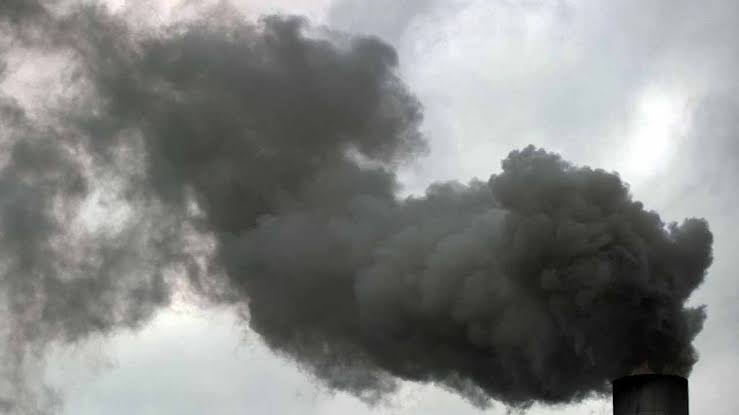-

-
Wikirise.com Advertise with Us HereStats: 4,783 members, 41,616 Posts
Number of Comments : 2,630
Date: Monday, 23rd December 2024
Global carbon trade growth worth $175 billion annually: UNDP
By Godwin Emmanuel - August 24, 2022 | Categories: Business Tags: Economy
Share this post:

The United Nations Development Programme (UNDP) says that the global carbon trade has quickly grown into a market worth over $175 billion annually.
The UNDP representative, Mohammed Yahaya, disclosed this at the inauguration of the Development of Nigeria Emission Trading Scheme on Tuesday in Abuja.
Mr Yahaya also said, according to data made available from World Atlas, that as of 2020, carbon dioxide emissions for Nigeria were about 126,9 million tonnes. He said that the emission came mainly from burning fossil fuels and heavy industries such as cement manufacturing.
“For a country like Nigeria, carbon trading should be looked for both medium and long term objectives which at the end of the day, will provide a lot of environmental benefits to the country. In some countries, carbon emission trading has been known to be source of generating money for nature-based solutions to climate change. This belief can be said to be the same for Nigeria in the nearest future,” he said.
Mr Yahaya said that the history of carbon markets could be marked as a great political success story and an integral part of international climate change policies worldwide.
He explained that carbon credits were provided for activities that claimed to benefit the climate, either by removing carbon dioxide from the air or preventing it from being emitted.
The UNDP representative said that carbon trading was the procurement of such credits. According to him, this has given birth to ETS, which has given governments the flexibility to deal with vested interests.
“It has also allowed governments and decision-makers to focus on the acceptability of the initial allocation in both domestic and international contexts,” he explained. “Emissions trading systems expose emitters to the external costs of emissions in the most flexible and least costly way.”
Mr Yahaya said the design of the system needed to consider local contexts and regulations, as well as interlinkages with other policy priorities in each jurisdiction. He, therefore, said emissions trading was likely to be part of a broader policy mix to control emissions from the whole economy.
He added that an emission trading scheme was potentially one of the most powerful tools to build an effective global response to climate change.
The Minister of Environment, Mohammed Abdullahi, said the launching of the ETS was a sign of commencement of activities such as sensitising the public and ensuring coordination with other relevant arms of government.
Mr Abdullahi said it would also ensure coordination between the development partners under the ministry’s leadership with the active collaboration of the Ministry of Trade and Industries.
(NAN)